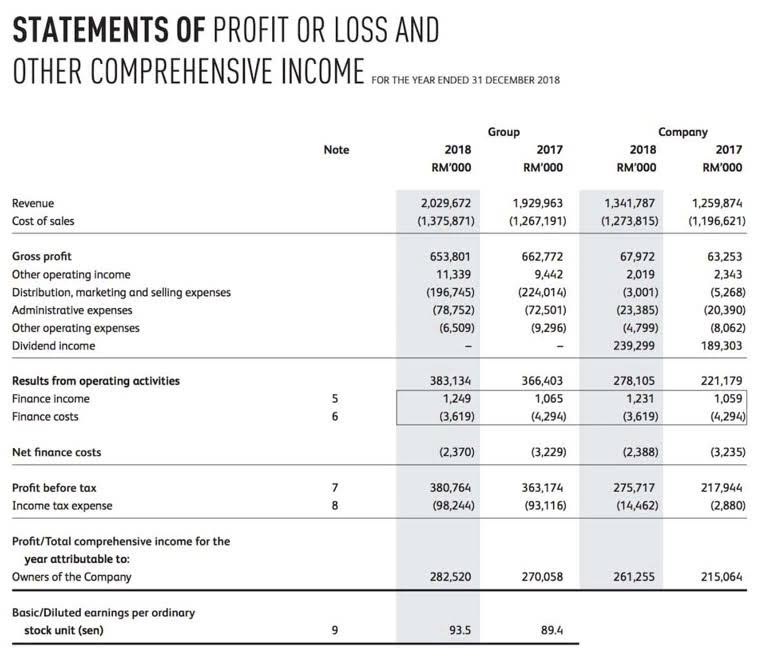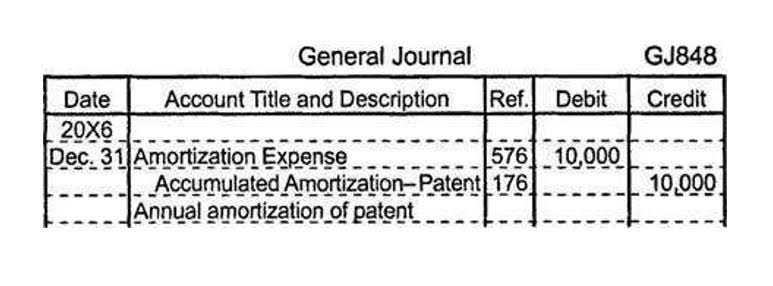Best Cloud Accounting Software

In Wave, users can separate personal and business expenses, which is ideal for freelancers or side hustlers who don’t have a separate business bank account. Additionally, FreshBooks is impressively easy to use as the software is free of accounting jargon and boasts an easy-to-navigate interface. Even business owners who don’t have much experience with accounting should be able to get a handle on it quickly, as FreshBooks’ convenient customer support means help is only a phone call away.
QuickBooks Solopreneur: Best Accounting Software For Freelancers
If your small business has less than five employees, you unearned revenue can use the free version of NCH for your accounting software. The free version lacks some of the bigger features suitable for larger enterprises, but still has much to offer. Examples of financial statements you can generate include income statements, balance sheets, profit and loss (P&L) statements and sales analysis by item, customer and salesperson.

Importance of Using Accounting Software for Small Businesses

The best small business accounting software helps small business owners gain control of their business’s finances. Xero, regrettably, holds an abysmal “F” rating from the Better Business Bureau. However, on other third-party review sites, like Trustpilot, its reputation is much better. Recent reviews were mostly 5 stars and said that customer service team members at Xero were extremely polite and helpful. Almost every review starts by mentioning an issue with Xero and then how the customer service team solved it.
Freshbooks: Best for client-based businesses
It comes packed with plenty of accounting features aimed at smoothing the process for SMB’s. Lookout for reporting functionality, bank syncing and billing tools too, while it’s also possible to use ZipBooks for day to day administration duties including expense tracking and invoicing. Rippling is often praised as an all-in-one HR cloud platform; however, in terms of accounting, its separate feature Rippling Spend is gunning for the best accounting software in the marketplace. Using the aggregated employee data, Rippling Spend provides real-time integrated financial visibility across your company. It offers easy tracking for receipts, company cards, general expense tracking, and much more. Enterprise resource planning (ERP) software includes all the features of accounting software, plus additional features such as CRM, inventory management and project management.
The Complete QuickBooks Versions Comparison Guide
If you don’t need quite as many features as Wave offers, ZipBooks is a solid free accounting software alternative. free accounting software for small business Even though it’s free, it doesn’t limit the number of invoices you can send (like Xero) or clients you can bill (like FreshBooks) per month—you can access unlimited customizable invoices and accept payments too. ZipBooks’ paid plan starts at $15 a month and offers better bookkeeping and automation features than its free accounting plan.


For example, it offers a document storage tool that allows you to drag and drop, upload or email documents to the platform, then sort and file them; however, you need to use a customizable filing system. From there, you can easily retrieve documents to attach to invoices as necessary. Once you’re set up in Xero you can import all your data from your previous accounting software, including the chart of accounts, invoices, bills, contacts, and fixed assets. We recommend you work with an accountant or bookkeeper, preferably one with Xero experience, when you move to Xero online accounting software in the US. Xero accounting software helps you do your financial admin, such as bank reconciliations and managing cash flow, but it won’t replace your accountant’s advice on your specific business needs and strategy. While Xero handles everyday financial tasks, your accountant works ‘big double declining balance depreciation method picture’ services and advice on your numbers, processes, and compliance.
This makes Zoho Books well suited to businesses that sell physical products. You should assess whether the software includes essential features in its base plan or if important tools require costly add-ons. Some platforms charge extra for additional users, which can become expensive as your business grows. Unlike many accounting tools, Sage Intacct provides robust inventory tracking features, allowing businesses to monitor stock levels, manage supplier orders, and automate replenishment. It also includes Remote Data Access, enabling teams to work from different locations. Zoho Books streamlines accounting, but manual expense tracking and reconciliation can slow businesses down.
- When it comes to invoicing, Zoho Books offer easy to interpret templates and lets businesses set up recurring invoices, and automate payment reminders, cutting down on manual work.
- While it has very few user reviews, users who posted say that it is an easy-to-use solution with task tracking and lead capturing tools.
- FreshBooks only supports 1 user (additional users cost an extra $11/month per user).
- However, businesses looking for MTD ready software will need to pay for the more expensive plan.
- By doing your due diligence, you can be sure that you are choosing a product that meets your needs and will help you manage your business finances effectively.
- Explore cloud and desktop-based accounting software with subscription and perpetual licensing options like AccountingSuite, Xero, TallyPrime, and Striven.
Pricing:
If you plan to stay lean and handle most of the bookkeeping yourself, I strongly prefer Xero. Kashoo has more limited integrations than some of the other sites in our review. This accounting software will natively integrate with Square and Stripe for payment processing. However, further integrations aren’t listed, creating a much smaller range of integrations than we’ve seen with competitors. To get started with Kashoo, you’ll need to pick between the two accounting software options developed by this platform. Zoho Books has some limitations for integrations, as some come with higher tiers of service.
We’ve recommended five accounting software platforms in total, which suit a variety of businesses. No matter what type of business you run, accounting is a core part of it. The right accounting software can help you accurately keep track of incomings and outgoings, and submit timely tax returns. Many businesses rely on CRM systems, e-commerce platforms, and payment processors.
